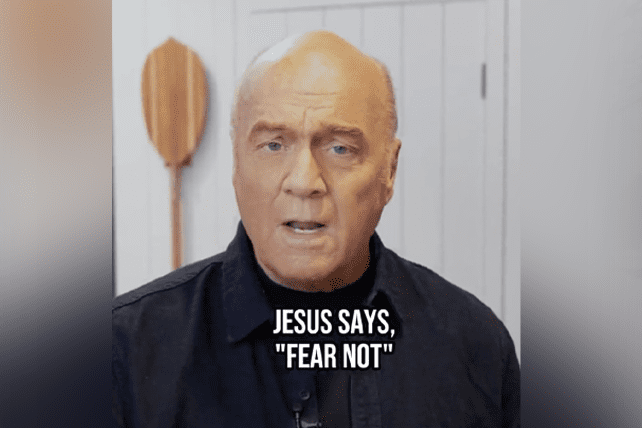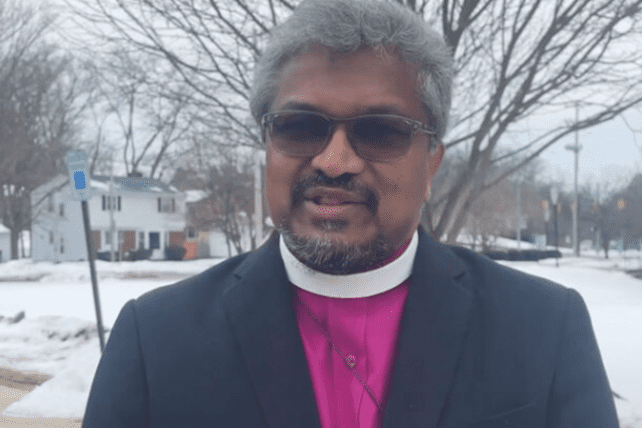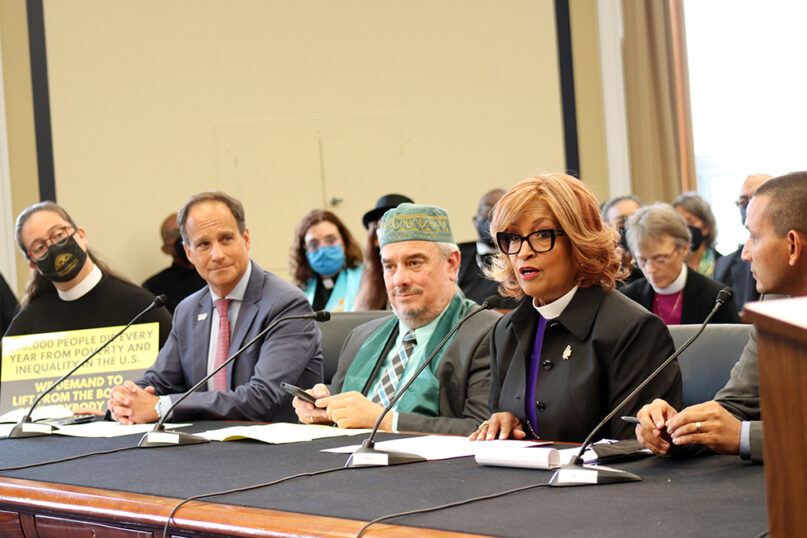Have you heard the term strategic flexibility? In my new leadership coaching and organizational consulting role, I’m paying close attention to the leadership landscape. As I’ve surveyed our ever-changing culture, the preferable strategy appears to be the most flexible strategy. My prevailing thought has become:
An organization’s ability to create future flexibility while also orchestrating a present model is an absolute must in increasingly turbulent times. That’s a mouthful. The point is simple, however. In changing times, we must implement a strategy today while remaining flexible enough to adjust in the future.
Strategic flexibility (TM?). That feels like the solution.
Before I filed the trademark paperwork, I decided to Google “strategic flexibility.” I thought I just may have invented a term. It turns out it has been around for a while. Like decades.
Expanding the title and searching for similar concepts, thousands of books, articles, and blogs surface. So, first things first: I didn’t create a term. But, while it’s not my original idea, I do have a question:
Why can’t we seem to adopt strategic flexibility?
I mean, it’s been over 35 years. Minimum! Why do leaders struggle to be strategic while remaining flexible? I have a hunch. A leader’s job is multifaceted but directionally similar. The core of leadership is creation and execution. Sure, through people by influence and such, but the result of outstanding leadership is creation and implementation. Both are critical.
The execution of leadership innovation demands the orchestration of a strategy. A goal without a plan is just a wish (I didn’t make that up, either, thanks to Antoine de Saint-Exupéry). If a leader’s job is to implement a strategy that moves the organization from where it is to a preferable future, a plan of action (strategy) must be defined. This “defined strategy” becomes the marching orders at the moment, for the moment.
You don’t need me to tell you that moments come and go, bringing new seasons with new challenges, cultures, and complexities. That’s the problem with most strategies. Leaders design strategies in a moment for a moment. That’s fine, well, for a moment. Regrettably, the model is immediately outdated when that moment passes and a new moment (or movement) begins. The reason there are so many books, articles, and blogs on strategic flexibility is because we can’t seem to embrace one simple, two-word concept.
“FOR NOW”
I love those two words. “For now” acknowledges things will change. “For now” reminds the organization that we have a plan, but it won’t last forever. Perhaps our approach will work for a year. Maybe even a decade if we are lucky. But no matter how well designed the strategy is, it’s always a “for now” plan.
Not to be Pollyannish, but I wonder how many organizations would have better managed the changing landscape of the pandemic if “for now” were included in their strategy?
Think about it for a moment. How many businesses, churches, and organizations would still be here today if they had embraced “for now?” What if Blockbuster had added “for now” to their strategy? “We rent VHS and DVDs from a storefront, for now.” That probably wasn’t their exact strategy statement, but it’s what they did.
How about Kodak? Or RadioShack? Or that formerly big church down the street?
The mission may never change, but the plan of action must never permanently remain.
An Example Close to Home: North Point Ministries
I began serving as the lead pastor of Woodstock City Church in 2008. At the time, we tagged our strategy to the end of our mission statement. It read:
“We exist to lead people into a growing relationship with Jesus Christ by creating relevant environments that encourage and equip people to pursue intimacy with God, community with insiders, and influence with outsiders.”
The mission, “to lead people into a growing relationship with Jesus,” was strategically accomplished by “creating relevant environments that…”
The community I served in 2008 was dramatically different than when I resigned from my role in 2021. In 2008, we produced and sold CDs of sermons. In 2008, content was king and a primary draw for adult church attendance. In 2008, Facebook and Twitter were brand new. The Internet wasn’t new, but leveraging the Internet seamlessly between physical experiences and digital channels wasn’t even a concept. Heck, in 2008, the iPhone was only a year old. Your company certainly didn’t have an app.
One more thing: The mission and strategy I was leading weren’t new in 2008. They were formed in 1995.
Of course our strategy evolved during my tenure at North Point. But did it change enough? It’s hard to say for sure. I do know with certainty that changes to the strategy were not always appreciated or accepted. I’m probably as guilty as anyone. As a leader, I wasn’t always willing to consider other methods. I often wonder how “for now” might have opened more hands to different plans, including mine.
Strategic Flexibility – Concluding “FOR NOW”
When things change, strategies must be examined and often reimagined. The answer is not to jettison actionable plans for the flavor of the day. Organizations need a model to bring the mission to fruition. But, the model must not become the mission. Leaders design models for moments.
Could the addition of “for now” be the secret sauce to adopting flexibility into our strategy?
I recognize it doesn’t roll off the tongue, but what if in 2008 I adopted this statement: “For now, we create relevant environments that encourage and equip people to pursue intimacy with God, community with insiders, and influence with outsiders.”
As I said, it doesn’t sound as good, but I think this addition would have helped me see the opportunities provided by the Internet faster. “For now” would have more quickly moved me away from environments (physical events only) to the experiences (physical and digital). “For now” would have forced me to examine our strategy against our changing community. Not occasionally, but constantly. “For now” would have better kept the mission ahead of our current model. And “for now” would have helped every staff member on our team feel more open to evaluate, try new things, and better fail forward.
What would happen in your leadership and organization if “for now” became more prevalent in your approach?
Here’s what I do know for sure: Adding “for now” to your communication might keep you relevant forever. Rejecting “for now” propagates strategic rigidity, and that only leads to one eventual destination. Just ask any of the businesses that are now gone.
How can I help?
FOR NOW, helping ministry and marketplace leaders make things better and make better things is why I created Transformation Solutions.
This article on strategic flexibility originally appeared here, and is used by permission.










 As we are seeking to make a difference through our ministries, how should we navigate the tension between Kingdom ambition and godly contentment? In this week’s conversation on FrontStage BackStage, host Jason Daye is joined by Kelly Needham. Kelly has served in ministry for years as a Bible teacher, podcaster, and author. Her latest book is titled, “Purposefooled.” Together, Kelly and Jason explore how pursuing our purpose could potentially derail our ministry’s fruitfulness. Kelly also shares how a proper understanding of purpose helps us avoid sacrificing our well-being and, instead, experience peace and rest as we serve.
As we are seeking to make a difference through our ministries, how should we navigate the tension between Kingdom ambition and godly contentment? In this week’s conversation on FrontStage BackStage, host Jason Daye is joined by Kelly Needham. Kelly has served in ministry for years as a Bible teacher, podcaster, and author. Her latest book is titled, “Purposefooled.” Together, Kelly and Jason explore how pursuing our purpose could potentially derail our ministry’s fruitfulness. Kelly also shares how a proper understanding of purpose helps us avoid sacrificing our well-being and, instead, experience peace and rest as we serve.

















